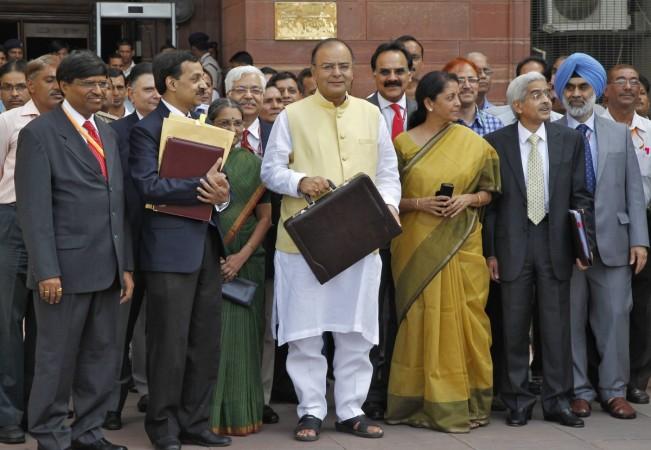
Union Budget 2018 will be presented on February 1 and it is going to be different in many ways from former presentations.
The budget for 2018-19 will mark the beginning of a new public accounting process in India with more than a year after demonetisation.
With less than three weeks remaining, all eyes are on the Union Budget. Know what makes the Union Budget 2018 different:
Post GST budget
Union Budget 2018 is the first post-GST era Budget. The finance minister has no discretionary powers in changing the indirect taxes in Union Budget 2018. Because the GST has consolidated many local and central taxes into a single levy. After the introduction of GST, more than 12 different taxes including VAT, excise duty got subsumed into it. So, in the Union Budget 2018, there will be no regulations under different tax headlines.
Final budget of NDA government
Union Budget 2018 is supposed to be the final full budget of the present government. It is expected that while the 2017 budget was hailed as a reformist, by all probability, we might see a populist budget in 2018, as it is the last budget before the 2019 general elections. The government may focus on farming and rural sector and rural employment generation etc.
Limited sectoral impact
Given that there would be no excise duty, VAT etc., the budget speech could be a short one. The sectoral impact could be very limited. The fiscal deficit numbers will be watched.
A few changes began in 2017, like the presentation of the Railway Budget alongside the Union Budget, will continue this year as well.














